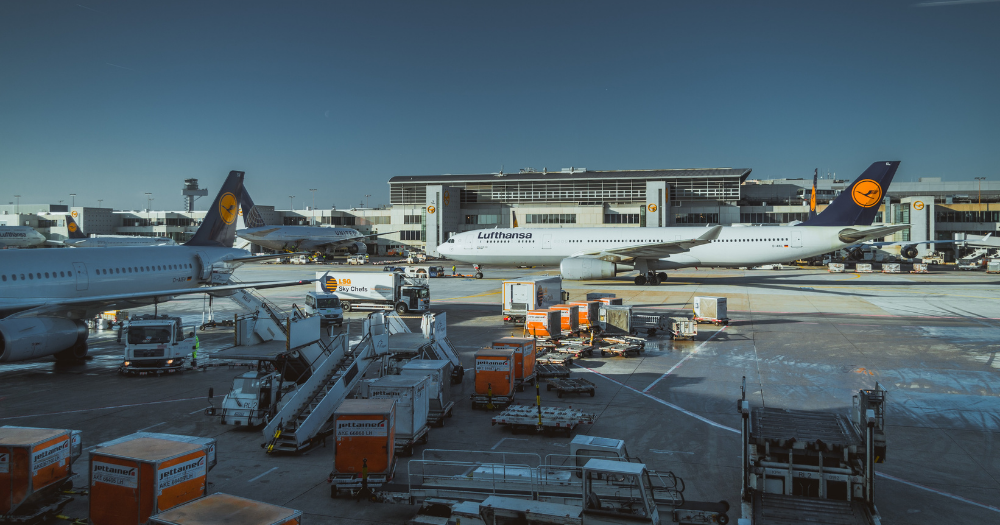Follow us on Telegram for the latest updates: https://t.me/mothershipsg
Since Sep. 8, there has been a Vaccinated Travel Lane (VTL) between Singapore and Germany, allowing fully-vaccinated travellers to travel between the two countries travel without needing to serve quarantines or Stay-Home Notices.
On Oct. 22, Germany's government health agency Robert Koch Institute (RKI) announced that starting midnight on Sunday, Oct. 24, Singapore will be classified as a "high-risk" country.
Classified as high-risk area
On Oct. 22, Singapore was designated to be a new high-risk area, or an area "at particularly high risk of infection due to a particularly high incidence of spread of coronavirus SARS-CoV-2".
The same day, Singapore reported 3,637 new Covid-19 cases, bringing the total to 165,663 cases.
Classification as a risk area is through a joint analysis and decision-making process by Germany's Federal Ministry of Health, Federal Foreign Office, and Federal Ministry of the Interior, Building and Community.
Germany considers high-risk areas to be regions with "especially high numbers of cases". A regular indicator of this is having a seven-day incidence rate per 100,000 inhabitants being "considerably over" 100.
According to Reuters' Covid-19 tracker, Singapore had 415 Covid-19 infections per 100,000 people in the past seven days, well over the threshold of 100.
Data on Germany's incidence rate puts it right at its own threshold, at 100 infections per 100,000 people.
Bulgaria, Cameroon, Croatia, and the Republic of Congo were also added to the list of high-risk countries on Oct. 22, along with Singapore. Meanwhile, Honduras, Iraq, Kenya, and Kosovo were removed from the list.
Fully-vaccinated travellers still allowed to enter without quarantine
The German Embassy in Singapore stated that fully-vaccinated individuals may still be able to enter Germany quarantine-free.
However, they must first submit a mandatory digital entry registration online prior to entering the country.
The digital registration is to help facilitate the verification of test results or proof of quarantine, vaccination, or recovery, as well as any exemptions from entry regulations.
The embassy also added that unvaccinated children under the age of 12 must isolate themselves at home for a five-day quarantine in Germany.
Related story:
Top photo via Ilya Cher on Unsplash.
Follow and listen to our podcast here
If you like what you read, follow us on Facebook, Instagram, Twitter and Telegram to get the latest updates.
